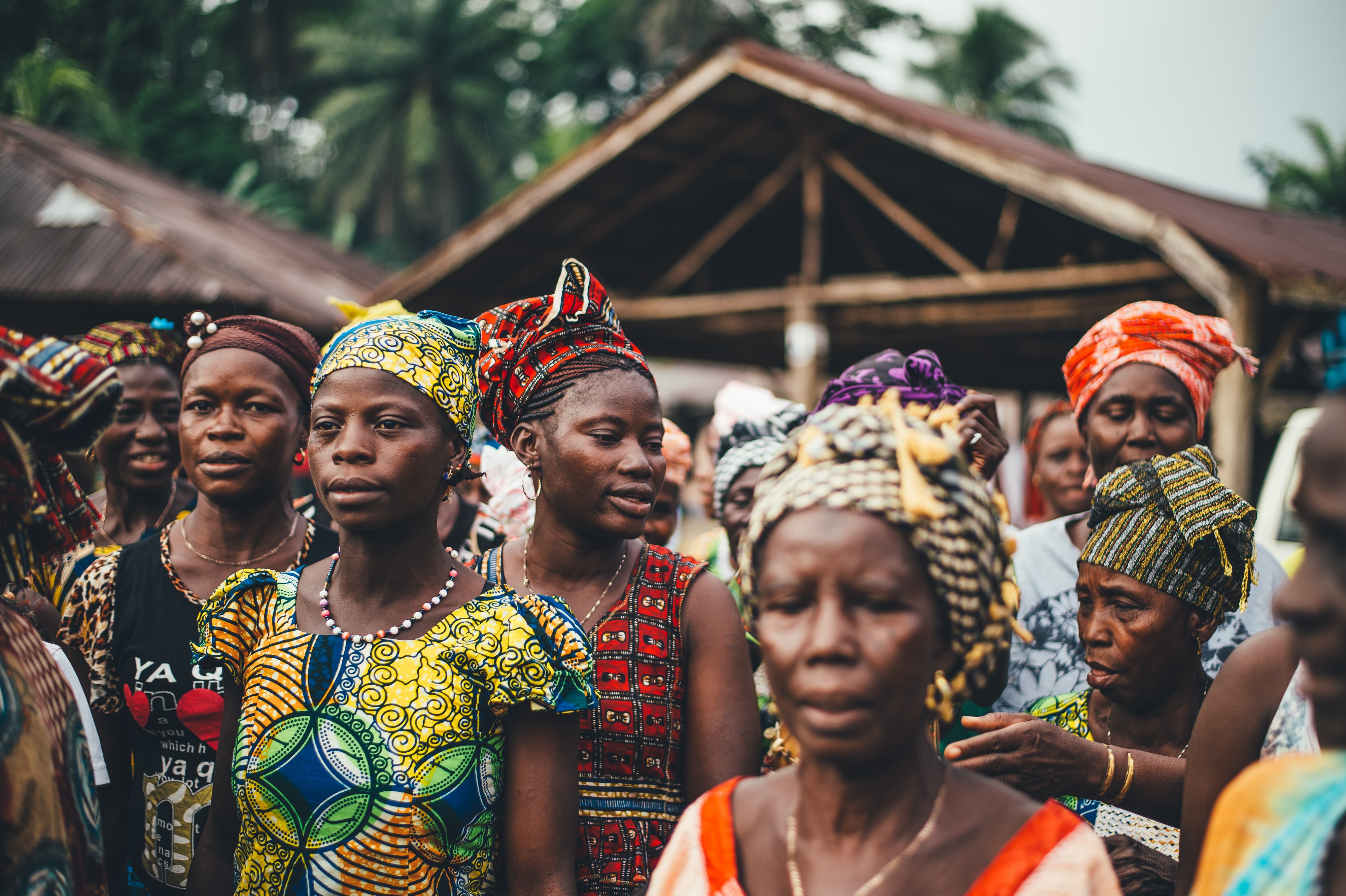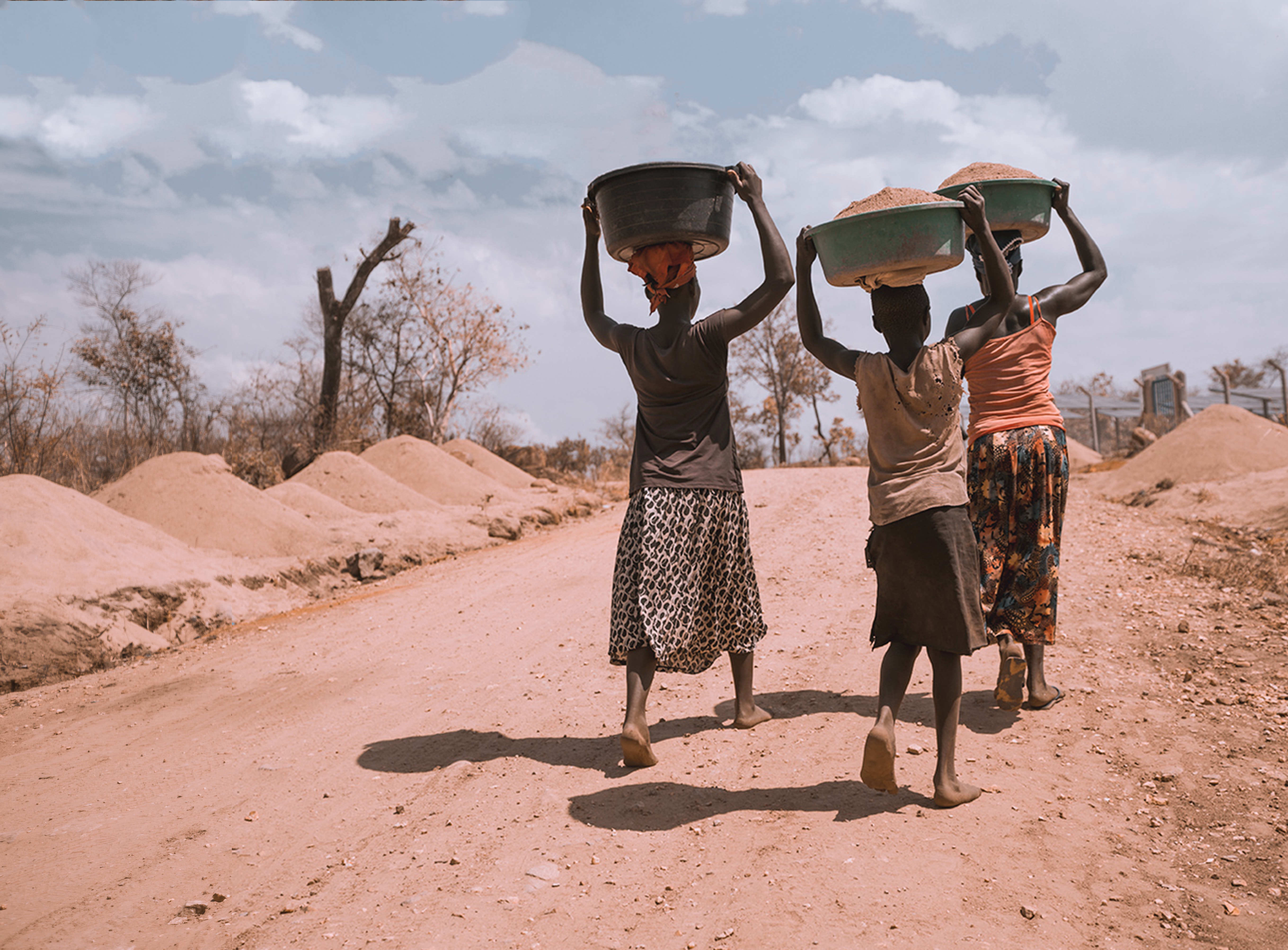
Yam is a B2B2C and B2C eCommerce platform that taps into the power of community by partnering with savings groups – i.e. Community-Based Organizations (CBOs), Informal Groups (“Chamas”), MFIs, SACCOs – to provide affordable goods and low cost credit.
Yam leverages the aggregated networks and community interactions that these organizations facilitate, which allows us to provide benefits and incentives that lift up the community and improve their lives.

Through its partnerships with community and savings groups, Yam delivers quality and affordable products at the customer’s preferred location while providing an additional source of revenue for its partners and data to unlock customer profiles, ultimately leading to the consumer class’s growth.

Yam has developed a model to provide products to the untapped lower segment of the market on a Buy Now Pay Later (BNPL) basis. This model addresses the dynamics and social aspects of group buying. Members are accountable to each other for their orders and ensure timely repayments are made weekly during group meetings. This model has fostered accountability and proved meagre default rates, with any defaults covered by a member's savings in the group.
Due to the current economic crisis and lack of access to affordable financing options, the demand for products has been increasing daily, with Yam onboarding groups of 60–100 members weekly. While addressing this demand, especially for informal groups and CBOs who still need a working system, we have encountered various problems that we are working to solve.
While Yam focuses on group buying, aiming to achieve a product market fit for informal groups and CBOs involve making it sticky for customers and their groups to keep using the app. A value proposition established during the pilot phase noted that digitizing their daily operations and processes provides efficiency and accountability of funds held by the individual groups. This insight alone is a critical factor in the continuity of groups as members have transparency in the group’s finances and the current state of loans and contributions.
Therefore, integration with third–party apps like Mono would help achieve this since members can see their group balances in the bank accounts in real time. Secondly, Yam’s ability to offer customized options for different groups to create loan products and track repayment is another value added to the existing inter–group lending known as Table Banking.
Digitized informal groups also offer an option for multiple providers, especially those targeting the base of the pyramid, to plug in. The massive opportunity is to open up groups as a new class of customers for product and service providers (Yam’s Embedded eCommerce), enable cross‑group collaboration, open up a new group economy and create incentives for such groups.

By building the infrastructure to digitize informal groups, we have opportunities for partner members who wish to access and capitalize on these communities.
Up to 95% of our group members are women, and through product financing, Yam promotes inclusive finance for low–income households, underserved groups and small businesses. In addition, Yam offers training during group meetings to enable members to start, run and grow businesses using the disbursed product.
Our fractionalized weekly repayment model is based on a member’s buying behaviour across a given time hence a more sustainable way of financing.
Through partnerships with Mastercard Foundation, Moringa or Africa Management Institute, Yam can offer access to vulnerable members of society who need financial assistance or scholarships to further their education. Getting candidates who fit the criteria is usually a challenge for such organizations. Yam, through its KYC requirements and onboarding process, can vet and provide a channel to fill their funnel.
Yam offers an opportunity for group members to act as our sales and collection agents in the community, getting some pay and training that upskills their knowledge.
Continuous purchase through Yam offers cashback to the group member. The amount is taken back to the member’s savings account.
By digitizing the informal groups, Yam maps out crucial information (both members and group details – names, ID numbers, locations, and next of kin) that can be used to reach or offer products and services in line with the General Data Protection Regulation (GDPR).

Yam can only have an impact with the help of partners like you. Let’s talk: [email protected]
—Vincent Onyando, General Manager